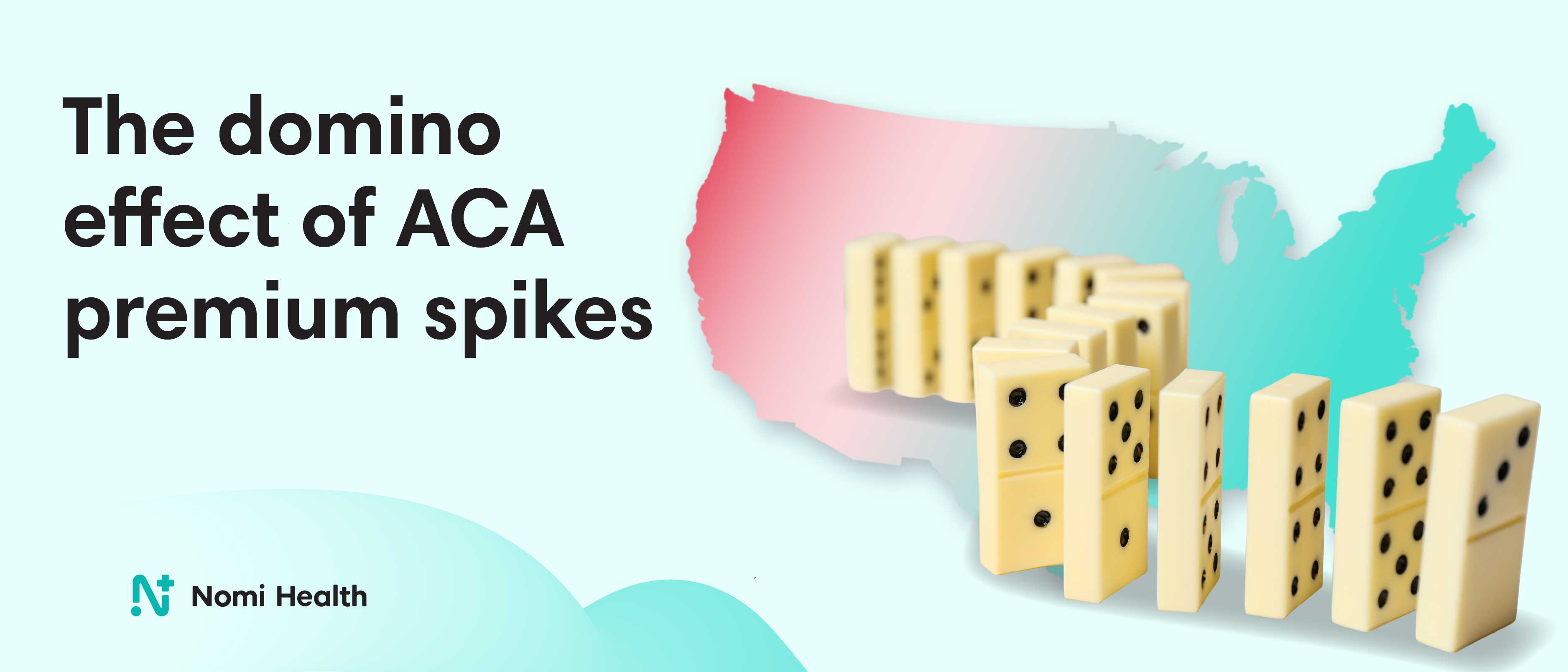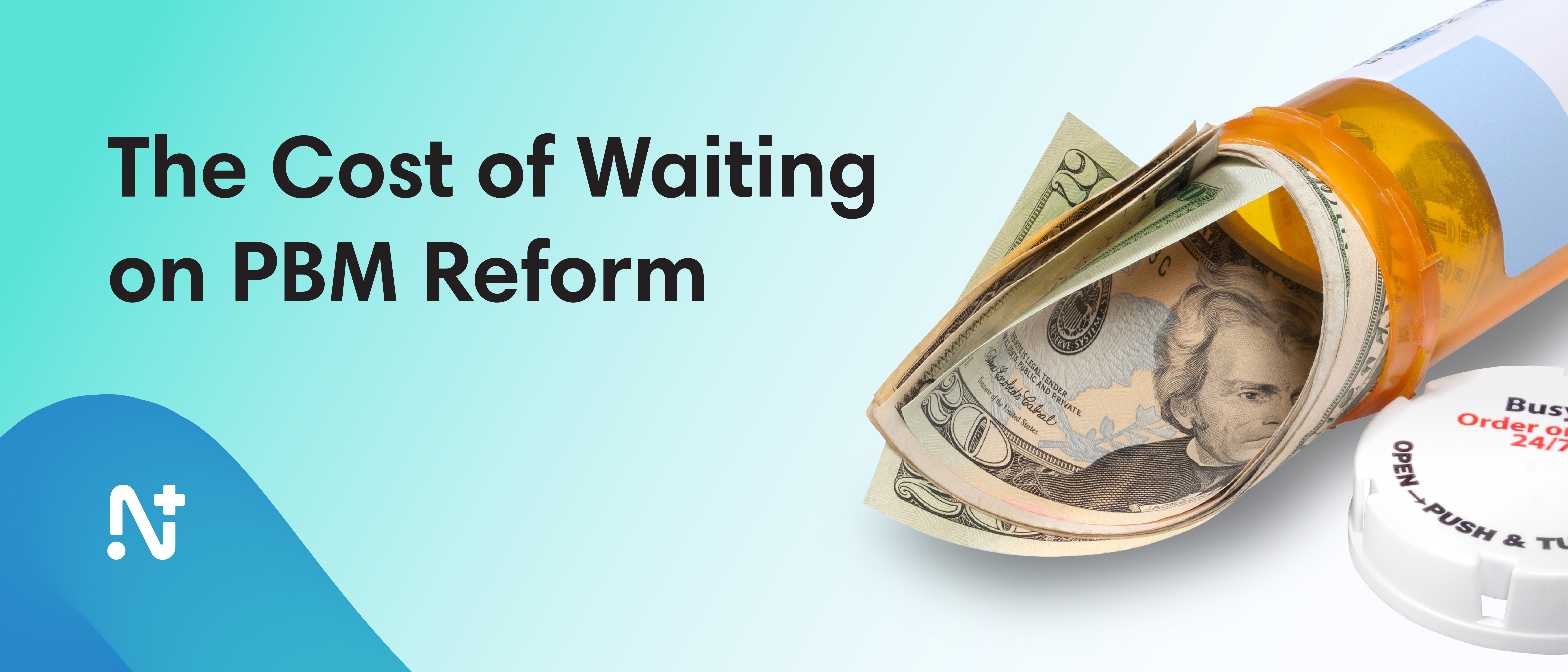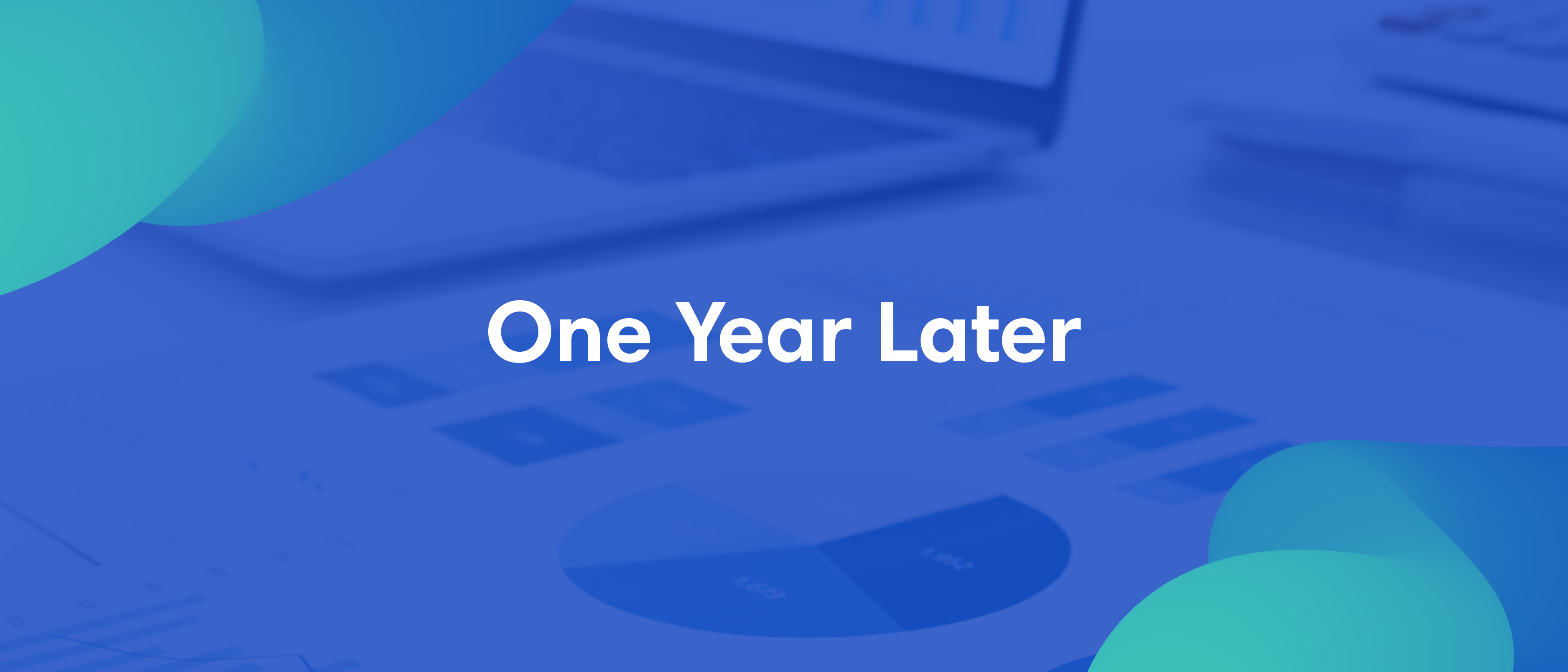ACA Premium Tax Credits, What Gives?

You probably heard about the government shut down. Maybe you've scrolled past headlines and noticed that health insurance subsidies are one of several sticking points. Maybe you felt bad for the 24 million Americans who might face doubled premiums. But honestly? You're probably thinking this doesn't really affect you.
Here's the thing: it absolutely does.
Tell Me More
Let's get precise here. Enhanced premium tax credits are set to expire December 31st, and if that happens, the average ACA marketplace enrollee would see their premiums jump 114%. That's not a typo. One couple starting their open enrollment process this week found that their marketplace premium increased from $495 per month to $2,168, a 300% spike they can't afford without the tax credit.
Four Reasons Why This Matters to Your Insured-Through-Work Self
1. Your job mobility just took a hit
Remember that startup idea you've been kicking around? Or that dream of going freelance? The self-employed are some of those most impacted by these premium increases.
Without affordable individual insurance options, you're essentially handcuffed to your corporate job. That "great resignation" energy? Dead in the water when individual insurance costs more than your rent.
2. Your hospital bills are about to get spicier
When 4 million people lose health insurance (yeah, that's the Congressional Budget Office's estimate if these credits expire), they don't stop getting sick. They just stop paying for care.
More uninsured people means more uncompensated care at hospitals. And while hospitals do absorb most of those costs as lost revenue, that financial strain doesn’t just disappear. Hospitals under pressure negotiate harder with insurers, consolidate markets, and shift care to higher-priced settings.
Your employer-sponsored plan feels that squeeze. So does your out-of-pocket bill the next time you land in the ER.
3. Your family network is about to get stressed
Let's talk about your extended network. Your recently divorced sister who's rebuilding her life. Your nephew who just aged out of your brother's insurance at 26. Your best friend between jobs. Your parents who retired early at 62 and aren't on Medicare yet.
These aren't random statistics, they're the people in your group chat. When their premiums double, that's real money hitting real people you care about.
4. The economy's about to get weird
Insurers are already planning 18% premium hikes for 2026 in anticipation. When millions of healthy people drop coverage because they can't afford it, insurance companies are left with a sicker, more expensive pool. This creates what insurers call a "death spiral": premiums keep rising, more people drop out, premiums rise again.
This instability doesn't stay contained in the individual market. It ripples through the entire healthcare system, affecting provider networks, drug prices, and yes, eventually your employer's negotiations for next year's plan.
The Bottom Line
Open enrollment is already underway. Insurers are setting rates now. The decisions made in the next few weeks will determine whether the individual market stays viable, or becomes unaffordable for millions.
And that matters to all of us. The individual market is the safety net that makes job changes, family transitions, entrepreneurship, and early retirement possible. When premiums explode, that safety net disappears. Mobility shrinks. Financial stress rises. And pressure builds across the entire healthcare system, which includes you employer plan.
Those 24 million Americans facing doubled premiums aren’t abstractions. They’re your coworkers, your siblings, your neighbors, and at some point, your future self between jobs.
When healthcare becomes unaffordable for them, the ripple hits everyone.
For a closer look at the data behind this impact, check out our Trends in Spend post.





